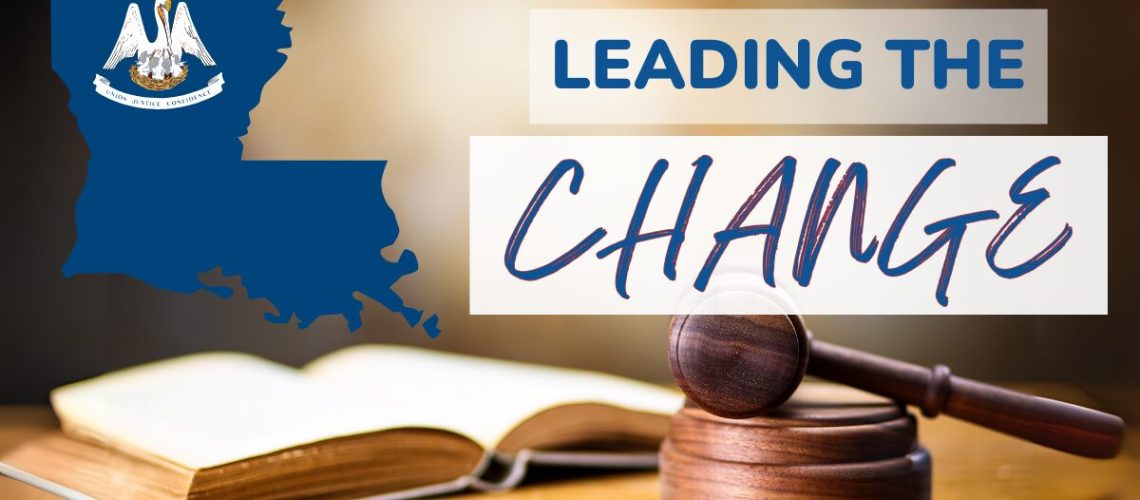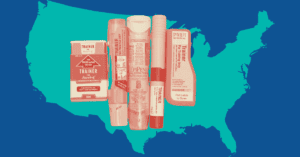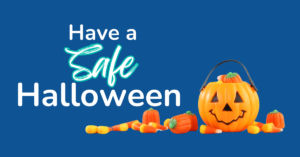With legislators only in session for certain months of the year, change can come slowly. Unfortunately, some things in society may change faster than laws can keep up. In Louisiana, where Code Ana is based, legislation has been slow to keep up with the current medical emergency preparedness opportunities that communities need.
In Louisiana, these were the gaps in legislation that we found:
- School staff were required to complete 6 hours of training to be able to use naloxone.
- Albuterol and glucagon were not available for emergency stock medications.
- No entity was covered to use naloxone, epinephrine, albuterol, or glucagon if their staff was trained.
So we decided to change that.
We partnered with Representative Paula Davis to set a precedent across the country for not only school safety but also for communities across the state. Through two separate bills, one for K-12 schools and one for all other entities, naloxone, epinephrine, albuterol, and glucagon became easily accessible to thousands in case of emergency.
When crafting the bills, ensuring that accessible medications for emergencies could be updated quickly was a priority. Taking inspiration from South Carolina’s recent school law, our legislation updated existing school legislation and broke new ground in community safety for the state.
For our school legislation, we:
- Required schools to write a naloxone policy
- Replaced the six-hour training requirement for school staff to use nasal naloxone with a more common sense expectation for training
- Added availability for schools to acquire albuterol and glucagon with requirements for training and policies to accompany them if acquired
- Created a clear option for the Department of Education to update the list of permitted medication if needed in the future WITHOUT the necessity of updating legislation
These updates mean that schools can get equipped for common medical emergencies that happen on their campus and provide immediate care while waiting on emergency responders. This also allows for the Department of Education to have the ease of updating the list without waiting on the next legislative session when new medication becomes available or a new issue is impacting Louisiana students.
For our non-school entity legislation, we:
- Ensured that common organizations and entities that would want these medications were explicitly named
- Named Louisiana Department of Health as the governmental agency to define the list and create clear options for the list to be updated as needed
- Defined what training needed to be included to ensure that entities were effectively educated on recognizing and responding to medical emergencies
- Indemnification for entities, their staff, and the medical professionals that supported their path to getting the emergency medication
This is the groundbreaking legislation.
While some states have legislation about epinephrine and naloxone usage, no other legislation we found permitted non-school entities to acquire and use this many emergency medications as needed or created the ability for the available medications to be easily updated to meet community needs.
While AEDs are commonplace in the community, other emergency medications and devices should be just as common. While Good Samaritan Laws are great for the protection of prepared bystanders, survival of common medical emergencies should not be dependent on who is around you. Businesses, organizations, and cities should take control of the people that look to them. Code Ana, Program Director Sarah Jane Lowery, Dr. Hoyt, and Rep. Paula Davis made sure that Louisiana communities can keep themselves safe.
Will your community be next?




